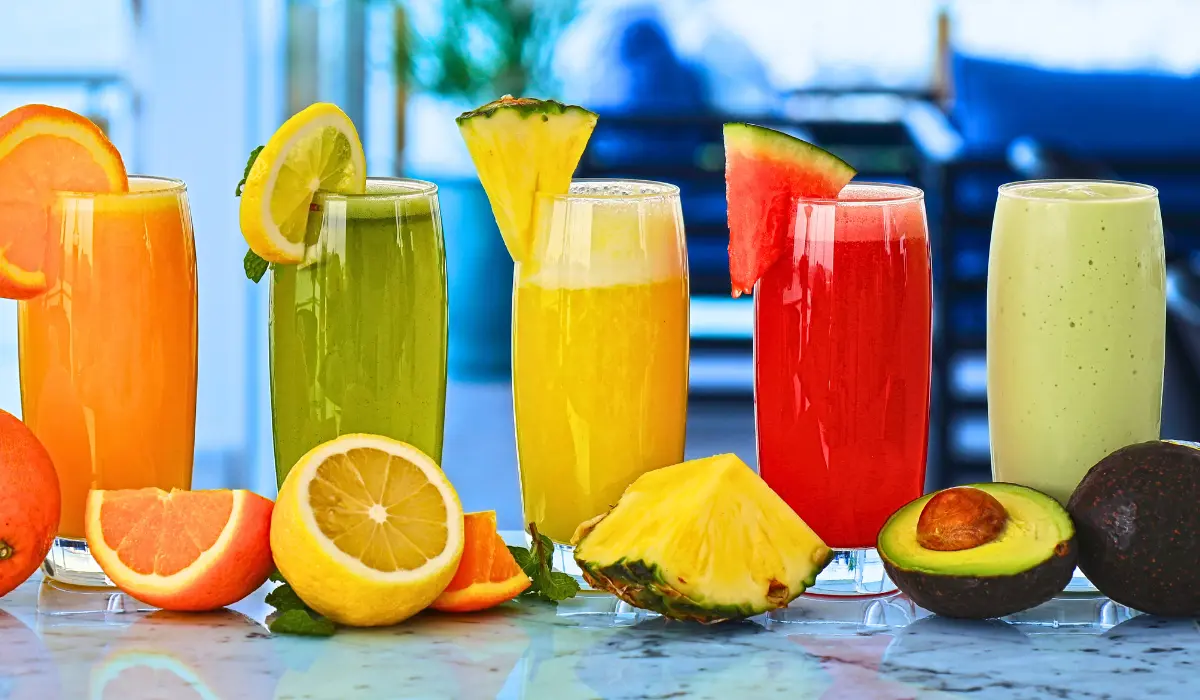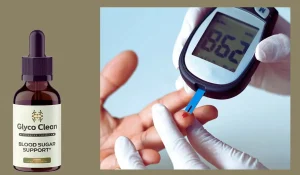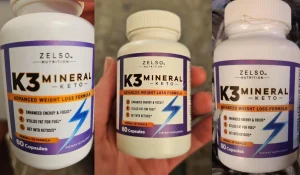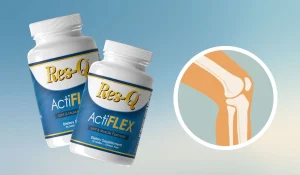Sucralfate is a medication commonly prescribed for the treatment of various gastrointestinal conditions, such as ulcers, gastritis, and esophagitis. This medication works by forming a protective barrier over the lining of the stomach and intestines, allowing the body to heal and repair any damaged areas.
While sucralfate can be highly effective, it’s crucial to be aware of certain foods that may interfere with its absorption or reduce its effectiveness. In this article, we’ll explore the foods to avoid while taking sucralfate and provide practical tips for managing your diet during treatment.
What Is Sucralfate?
Sucralfate is a medication that falls under the category of cytoprotective agents, which means it helps protect the cells lining the digestive tract. It works by forming a paste-like substance that adheres to the damaged areas of the stomach and intestinal lining, creating a barrier that protects these areas from further irritation caused by stomach acid and digestive enzymes. This barrier allows the body to heal the affected areas more effectively.

Sucralfate is often prescribed to treat conditions such as peptic ulcers (stomach and duodenal ulcers), gastritis (inflammation of the stomach lining), and esophagitis (inflammation of the esophagus). It can also be used to prevent the formation of new ulcers or to relieve pain and discomfort associated with these conditions.
Importance Of Proper Absorption
For sucralfate to be effective, it needs to be properly absorbed in the body. When certain foods or substances interfere with the absorption process, the medication may not work as intended, and the benefits may be reduced or diminished.
This is why it’s crucial to be aware of the foods that can potentially hinder the absorption of sucralfate and avoid them during treatment.
Foods To Avoid While Taking Sucralfate
While taking sucralfate, it’s important to avoid certain foods that can bind with the medication or increase stomach acidity, which can reduce its effectiveness. Here are some of the foods you should avoid:
Citrus Fruits and Juices
Citrus fruits, such as oranges, grapefruits, lemons, and limes, as well as their juices, should be avoided while taking sucralfate. These fruits are highly acidic, and their acidity can interfere with the medication’s ability to form a protective barrier in the digestive tract.
The high acid content can also irritate the stomach lining, counteracting the healing properties of sucralfate.
Dairy Products
Dairy products, including milk, cheese, yogurt, and ice cream, should be avoided while taking sucralfate. These foods are rich in calcium and magnesium, which can bind with sucralfate and prevent its proper absorption in the body.
When sucralfate binds with these minerals, it may not be able to form the protective barrier effectively, reducing its therapeutic benefits.
High-Fiber Foods
High-fiber foods, such as whole grains, beans, lentils, and certain fruits and vegetables, should be limited or avoided while taking sucralfate. Fiber can bind with the medication, preventing its proper absorption and reducing its effectiveness.
While fiber is generally beneficial for digestive health, it’s best to temporarily limit your intake of high-fiber foods during sucralfate treatment.
Spicy and Acidic Foods
Spicy and acidic foods, such as tomatoes, citrus fruits, vinegar-based dressings, and spicy sauces, should be avoided while taking sucralfate.
These foods can increase stomach acidity and irritate the lining of the digestive tract, potentially reducing the effectiveness of sucralfate and slowing down the healing process.
Caffeine And Alcohol
Caffeine and alcohol should be limited or avoided while taking sucralfate. Both substances can irritate the stomach lining and interfere with the healing properties of the medication.
Caffeine, found in coffee, tea, and some sodas, can increase stomach acid production, while alcohol can directly damage the lining of the digestive tract and slow down the healing process.
Tips For Managing Diet While On Sucralfate
Managing your diet while taking sucralfate can be challenging, but it’s essential for the medication to work effectively.
Here are some practical tips to help you navigate this process:
- Focus on bland, low-acid foods: Opt for foods that are easy on the stomach, such as plain rice, boiled or baked potatoes, lean meats, and cooked vegetables.
- Stay hydrated: Drink plenty of water or herbal teas to keep your digestive system functioning properly and help flush out any irritants.
- Avoid large meals: Instead of three large meals, try to eat smaller portions more frequently throughout the day to reduce the strain on your digestive system.
- Read food labels: Be mindful of hidden sources of acidic ingredients, such as vinegar or citric acid, in processed foods and condiments.
- Consult with a healthcare professional: If you’re unsure about which foods to avoid or have specific dietary concerns, consult with your healthcare provider or a registered dietitian for personalized guidance.
Expert Opinion
To provide additional insights, we spoke with Dr. Emily Thompson, a gastroenterologist at Cedars-Sinai Medical Center in Los Angeles, California.
“Sucralfate is an effective medication for treating various gastrointestinal conditions,” says Dr. Thompson. “However, its effectiveness can be compromised if certain foods are consumed during treatment. It’s crucial to avoid foods that can bind with the medication or increase stomach acidity, as these can interfere with sucralfate’s ability to form a protective barrier and promote healing.”
Conclusion
While sucralfate can be an effective treatment for various gastrointestinal conditions, it’s essential to be mindful of the foods you consume during the course of treatment.
Avoiding certain foods that can interfere with the medication’s absorption or effectiveness is crucial for optimal healing and relief. By following the guidelines outlined in this article and consulting with healthcare professionals, you can manage your diet effectively while taking sucralfate and maximize its benefits.
Remember, a balanced and appropriate diet is key to supporting your body’s healing process and overall well-being.







